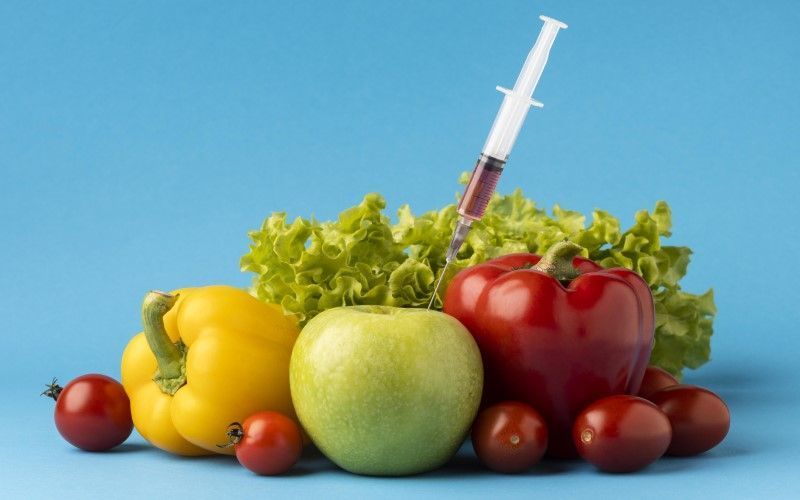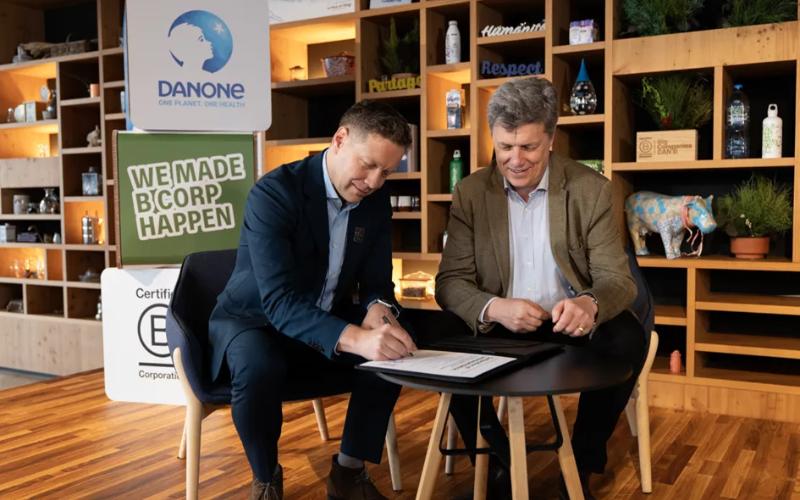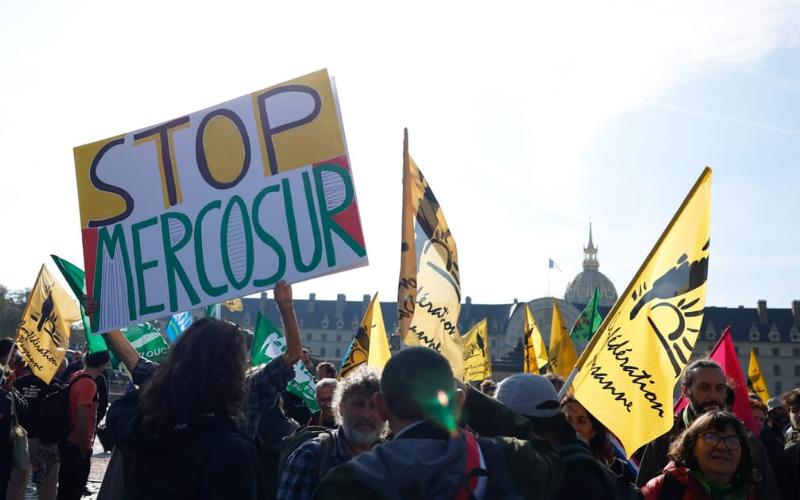The EU wants to relax rules regarding GMOs

It is expected that the European Parliament will vote on the adoption of this law at a plenary session from February 5 to 8, before starting negotiations with EU member states that are not unanimous on this issue.
37 Nobel laureates and other scientists have called on EU lawmakers to support new genomic technologies and abandon anti-science prejudice.
Existing legislation provides environmental protection by ensuring that the EU does not become a free zone for multinational agricultural corporations that mass produce GMOs and sell them to the EU's 450 million people without clear labeling or warnings.
Lawmakers agreed to create two separate categories and two sets of rules for genetically modified plants produced through NGT. Those crops that can be considered equivalent to conventional ones will be exempt from GMO regulation, but other plants produced using NGT must meet certain requirements.
The Committee agreed on the need to ban NGT plants in organic production. They also supported a ban on issuing patents on NGT plants, believing that such a move would help avoid legal uncertainty, increased costs and new dependencies for farmers and plant breeders.
Greenpeace says the new law may violate the rights of farmers and consumers because it does not provide adequate protection against crop contamination by new GMOs.











